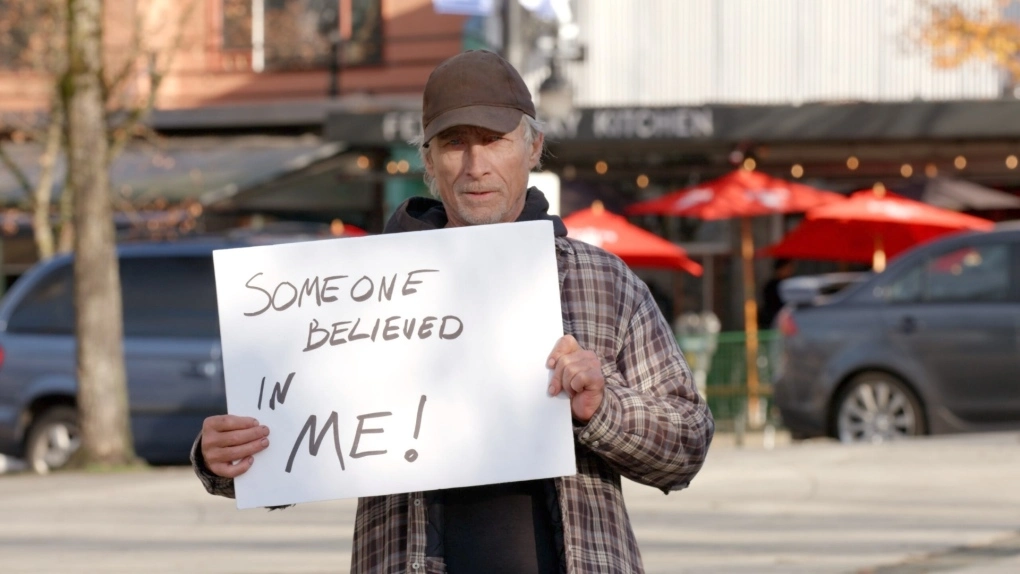Zhao says having data on how people who did get the money actually spent it is something she thinks will help counteract stereotypes, increase empathy and potentially get skeptics and the public on board with the idea of providing cash transfers.
Now that the study is complete, the plan is to replicate it and expand it to other cities in Canada and the U.S.



I think the study seemed to want to change the stereotype so I think the parent comment has a point. I would be interesting to see what percentage of people make up those excluded groups. The study mentions it is low but don’t provide numbers. Also, the opposition to current social service argue that the recipients should get drug tested and have jobs to receive them so this seems to support that argument. It would be interesting to hear what Zhao used to exclude people from the study and what could be done to help the outliers.
“People in general don’t trust those in homelessness. We think that when we give homeless people money they’re going to squander it on drugs and alcohol. That’s a deeply ingrained distrust and I think it’s unfair and it’s not true,” Zhao told CTV News